The Wretched of the Earth
By: Frantz Fanon
-
Rs 2,245.50
- Rs 2,495.00
- 10%
You save Rs 249.50.
Due to constant currency fluctuation, prices are subject to change with or without notice.
Frantz Fanon's seminal work on the trauma of colonization, The Wretched of the Earth made him the leading anti-colonialist thinker of the twentieth century
Translated from the French by Constance Farrington, with an introduction by Jean-Paul Sartre
Written at the height of the Algerian war for independence from French colonial rule and first published in 1961, Frantz Fanon's classic text has provided inspiration for anti-colonial movements ever since, analysing the role of class, race, national culture and violence in the struggle for freedom. With power and anger, Fanon makes clear the economic and psychological degradation inflicted by imperialism. It was Fanon, himself a psychotherapist, who exposed the connection between colonial war and mental disease, who showed how the fight for freedom must be combined with building a national culture, and who showed the way ahead, through revolutionary violence, to socialism.
'In clear language, in words that can only have been written in the cool heat of rage, he showed us the internal theatre of racism' Independent
Frantz Fanon's seminal work on the trauma of colonization, The Wretched of the Earth made him the leading anti-colonialist thinker of the twentieth century
Translated from the French by Constance Farrington, with an introduction by Jean-Paul Sartre
Written at the height of the Algerian war for independence from French colonial rule and first published in 1961, Frantz Fanon's classic text has provided inspiration for anti-colonial movements ever since, analysing the role of class, race, national culture and violence in the struggle for freedom. With power and anger, Fanon makes clear the economic and psychological degradation inflicted by imperialism. It was Fanon, himself a psychotherapist, who exposed the connection between colonial war and mental disease, who showed how the fight for freedom must be combined with building a national culture, and who showed the way ahead, through revolutionary violence, to socialism.
'In clear language, in words that can only have been written in the cool heat of rage, he showed us the internal theatre of racism' Independent
Black Skin, White Masks - New Edition (Get Political)
By: Frantz Fanon
Rs 2,245.50 Rs 2,495.00 Ex Tax :Rs 2,245.50
Zubin Mehta: A Musical Journey (An Authorized Biography)
By: VOID - Bakhtiar K. Dadabhoy
Rs 892.50 Rs 1,050.00 Ex Tax :Rs 892.50
Legacy of Maulana Azad: Islam Pluralism Nationhood
By: Mushirul Hasan
Rs 1,046.25 Rs 1,395.00 Ex Tax :Rs 1,046.25
The Origins of Political Order From Prehuman Times to the French RevolutioN
By: Francis Fukuyama
Rs 4,045.50 Rs 4,495.00 Ex Tax :Rs 4,045.50
Battles Half Won : Indias Improbable Democracy
By: Ashutosh Varshney
Rs 3,565.75 Rs 4,195.00 Ex Tax :Rs 3,565.75
Curzon's India: Networks of Colonial Governance, 1899-1905
By: Dhara Anjaria
Rs 845.75 Rs 995.00 Ex Tax :Rs 845.75
A Brief History of The Third Reich: The Rise and Fall of the Nazis - Paperback
By: Martyn Whittock
Rs 1,695.75 Rs 1,995.00 Ex Tax :Rs 1,695.75
US Policy in Afghanistan and Iraq
By: Seyom Brown & Robert H. Scales
Rs 2,375.75 Rs 2,795.00 Ex Tax :Rs 2,375.75
The Peacemakers: India and the Quest for One World
By: Manu Bhagwan
Rs 722.50 Rs 850.00 Ex Tax :Rs 722.50
The Invisible Bridge: The Fall of Nixon and the Rise of Reagan
By: Rick Perlstein
Rs 1,827.50 Rs 2,150.00 Ex Tax :Rs 1,827.50
Legacy of Maulana Azad: Islam Pluralism Nationhood
By: Mushirul Hasan
Rs 1,046.25 Rs 1,395.00 Ex Tax :Rs 1,046.25
After Disbelief - On Disenchantment, Disappointment, Eternity, and Joy
By: Anthony T. Kronman
Rs 4,797.50 Rs 9,595.00 Ex Tax :Rs 4,797.50
War, Coups & Terror : Pakistan's Army in Years of Turmoil
By: Brian Cloughley
Rs 2,970.75 Rs 3,495.00 Ex Tax :Rs 2,970.75
Hidden Figures: The Untold Story of the African American Women Who Helped Win the Space Race (Collins Modern Classics)
By: Margot Lee Shetterly
Rs 1,975.50 Rs 2,195.00 Ex Tax :Rs 1,975.50
Zubin Mehta: A Musical Journey (An Authorized Biography)
By: VOID - Bakhtiar K. Dadabhoy
Rs 892.50 Rs 1,050.00 Ex Tax :Rs 892.50
Black Skin, White Masks - New Edition (Get Political)
By: Frantz Fanon
Rs 2,245.50 Rs 2,495.00 Ex Tax :Rs 2,245.50
Legacy of Maulana Azad: Islam Pluralism Nationhood
By: Mushirul Hasan
Rs 1,046.25 Rs 1,395.00 Ex Tax :Rs 1,046.25












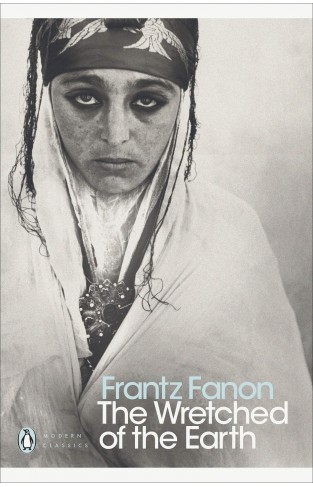
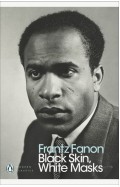
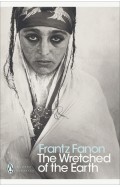
-120x187.jpg?q6)






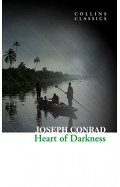
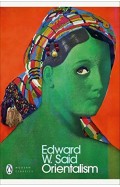
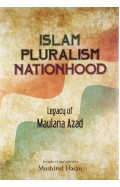
-120x187.jpg?q6)
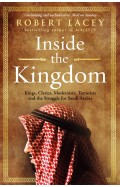
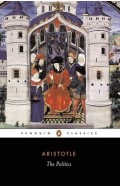
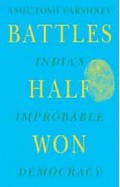
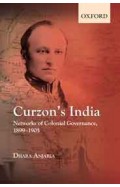
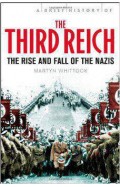
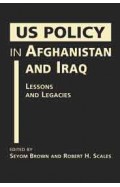

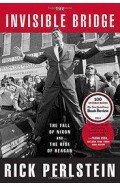

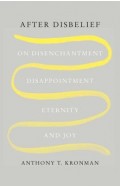




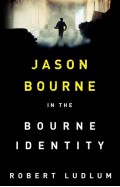
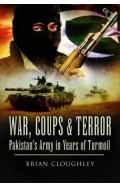
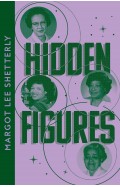


-120x187.jpg?q6)
-120x187.jpg?q6)

